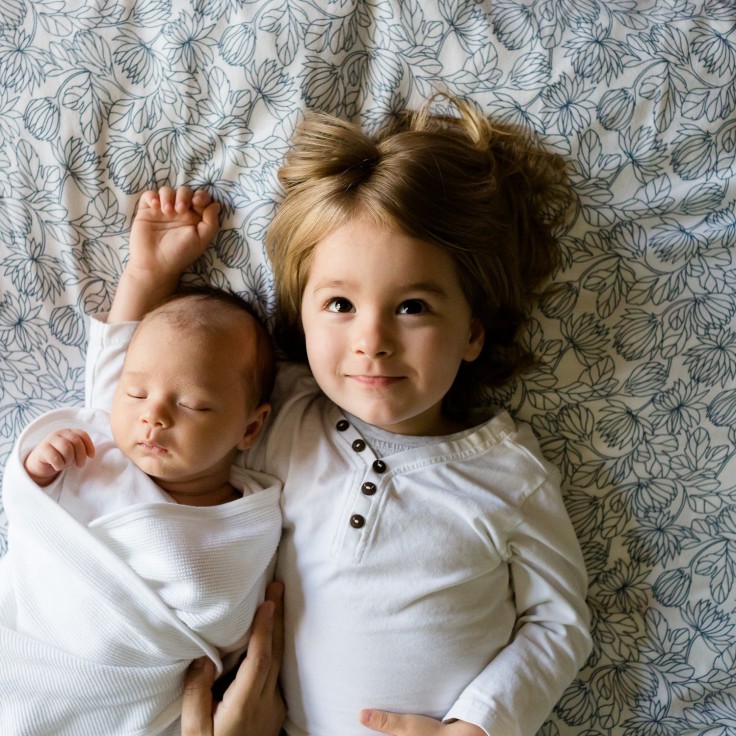Relationships with siblings are most often the kind of relationship that any person can have within a long period. That is because most siblings grow up in the same place and environment, allowing them to share common and same stories. And most of the time, how siblings affect growth, mainly to a new member or new baby of the family, is one of the reasons that make up the attitude and social skills of a person.
Commonly, your older child or children will feel jealous of your new baby, mainly when most of your time and attention is on the new baby. Experts advised parents and guardians to involve your children. In this way, they will feel that they are still part of your family, and they will think that you still care for them.
The help that your older child or children will depend on their age and what they can do. Aside from making them feel involved, there is also a good outcome on how siblings affect development, mainly to the new baby.
In this article, we'll discuss further the good and bad about how siblings affect development of the new baby and each other as well.
The good side about how siblings affect development
One of the reasons why a person learns how to get along with people is because they have a good relationship with their siblings. Sibling bonds are where at such a young age, children learn how to converse and get along with other people.
Children with older siblings tend to grow and learn to put themselves in the shoes of others, earlier than their peers with no siblings. Aside from these, sibling bonds test out their skills to lead, resolve conflicts, being strong emotionally, not to mention that having siblings can also serve as comfort, mainly when they get older.

The bad side about how siblings affect development
Although there are good effects, one can't neglect the bad effects that it also has, such as hard, conflictual, and violent sibling ties. There is even a study that showed how 10% of family homicides are due to sibling conflicts.
One of the reasons behind sibling conflicts are parents playing favorites. It is when parents treat their children differently, and do it in ways where children feel unjust and unfair.
Children who are not being favored tend to be more depressed, more aggressive, and more likely to suffer lower self-esteem, not to mention that their level of academic talent will not be reached and achieved.
Although there are effects from sibling relationships when it comes to their growth, parents are still in charge of them. They need to attend to each of their child's needs fairly.
They also need to learn not to always butt in to teach their children to resolve their problems on their own, and amongst themselves. After all, that is the essence of having siblings. It is a lifelong journey to knowing others and connecting positively with one's peers often starts at home.